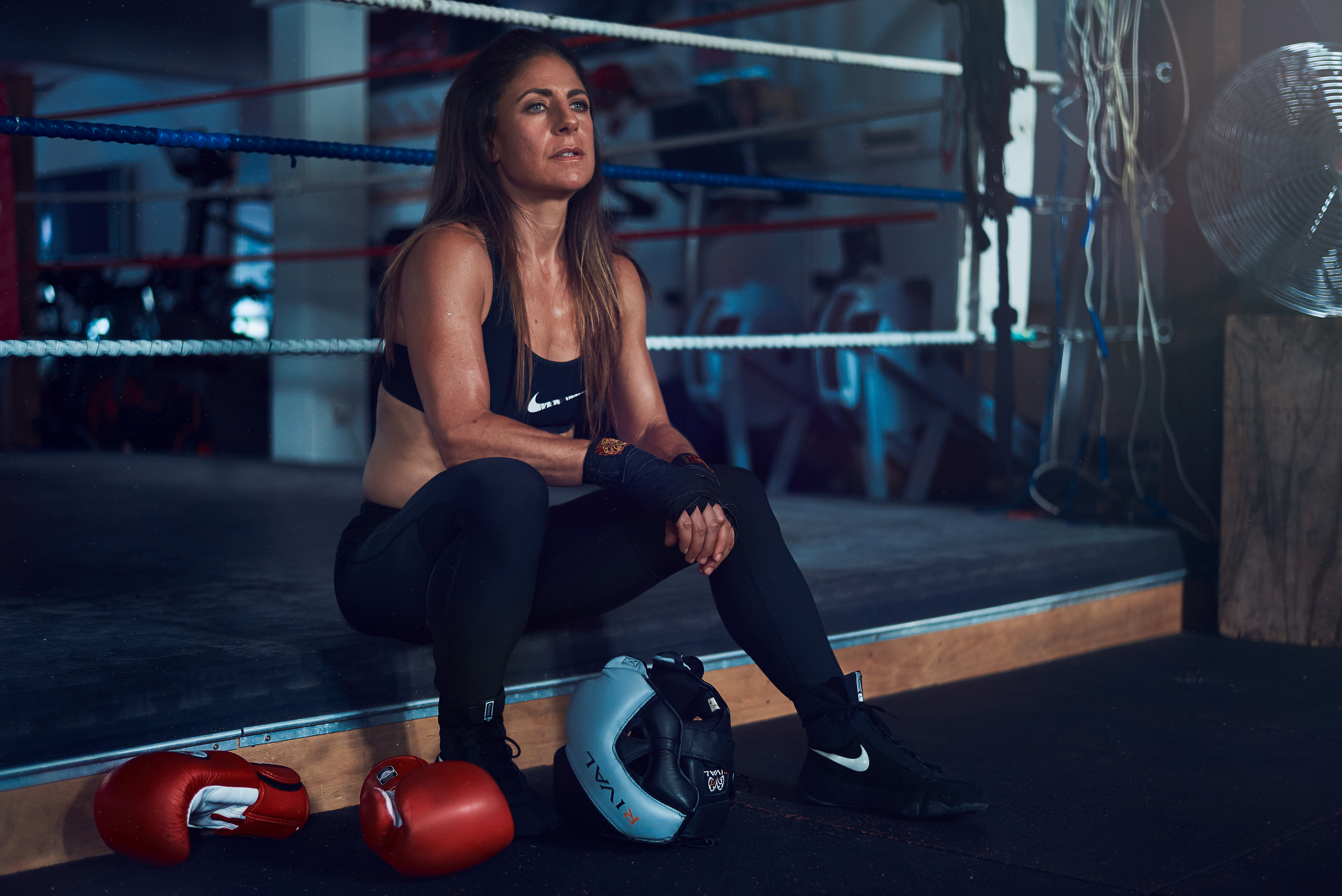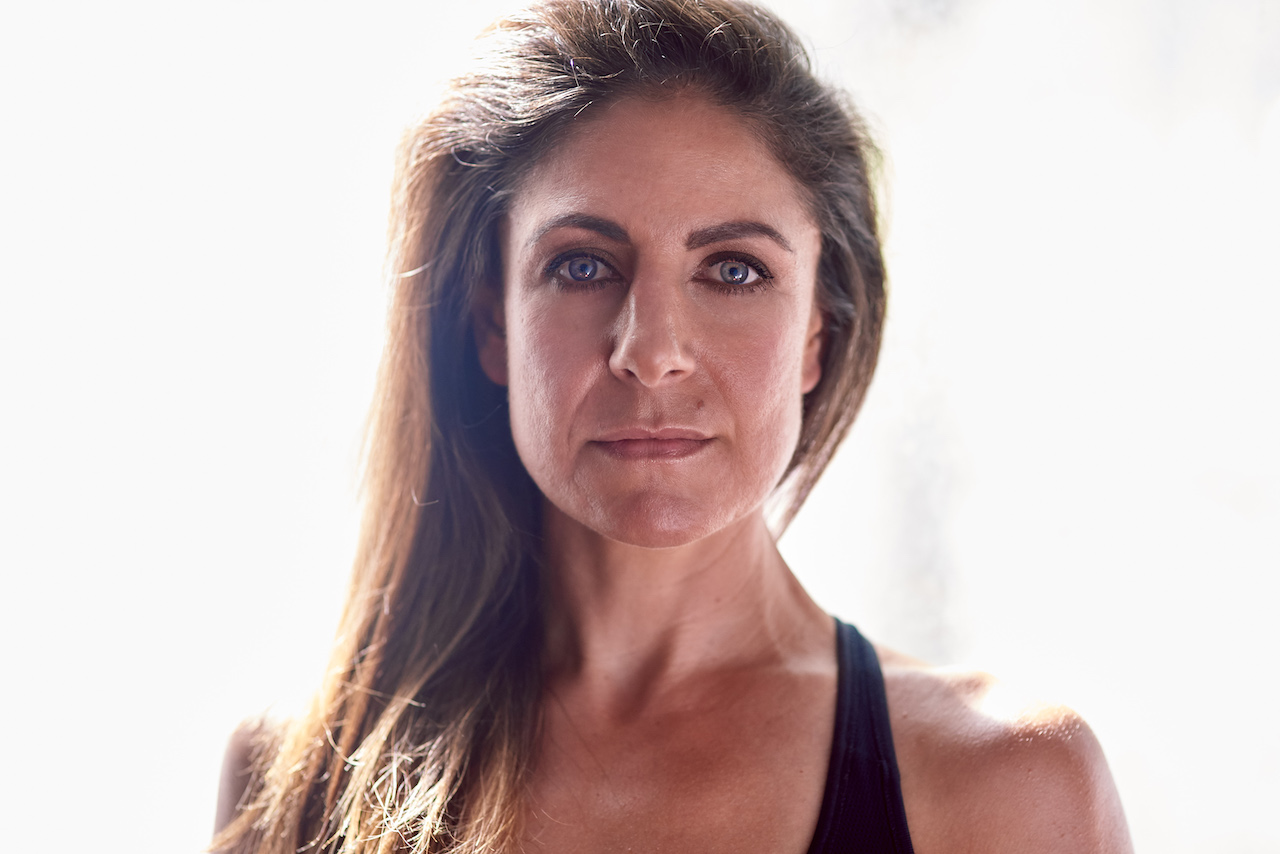
Earlier this year I reached out to Arianna Huffington with the subject line– I think this will help people to love themselves more.
I’d written the “Ultimate Guide to Having a Growth Mindset” for the new website I was starting, and I asked Arianna if she would please review 3 pages of my Guide.
I was wildly hoping to get Arianna’s perspective on the unique connections I was making between having a fixed mindset and not loving yourself. I’d searched psychologists’ papers and mindset books everywhere, but I had never heard anyone talk about this concept before.
Instead of critiquing my ideas (which I did actually vet with a psychologist, and a neuroscientist), the ever gracious Arianna asked me to write an article for Thrive Global and to share the inspiration behind my website, as well as excerpts of my Ultimate Guide.
This is that article.
My inspiration? To ease people’s suffering and help them to thrive
For the past 20+ years, I’ve been obsessed with learning how to manage my mindset, as well as my deep emotions.
I want to share my huge mindset library of tools and strategies with more than just the government agencies that I run workshops for, or the athletes I work with.
I want to help anyone who’s willing how to practically and effectively manage their mindset and emotions, to achieve great results AND to feel fulfilled. Because when we cannot manage our emotional state, we suffer.
The Link Between Self-Loathing and Fixed Mindsets

When people talk about fixed and growth mindsets, they’re almost always referring to one (small) part of these terms, i.e. the idea that talents are an innate skill you’re born with, or whether it’s something you can develop.
But having a fixed or growth mindset is MUCH more than whether or not you believe you can learn a skill.
Carol Dweck, Stanford Professor and founder of the terms “fixed” and “growth” mindset, wrote this great article that debunks 3 core misconceptions about her work. It helped me to get much clearer on what these terms really mean.
But as I explain in my Ultimate Guide, it was Derek Sivers’ article that totally blew my mind on what a fixed mindset can also be;
In a fixed mindset, you want to hide your flaws so that you’re not judged or labelled a failure.
Derek Sivers
Oh God. I knew this was me.
As a self-confessed over-achiever and A-type personality, this line absolutely struck me to the core.
I was so committed to being the very best version of myself that I actually felt deeply ashamed about any area of my life that I wasn’t excelling in. Of course, I had no idea I was doing this and I never dared to admit this even to myself.
My unconscious shame of not being perfect drove me to hide my flaws from the world, and I slapped on buckets of self-loathing for good measure.
– The Ultimate Guide to Having a Growth Mindset
When I realised that hiding my flaws was an attempt to save me from being judged and that this was actually a fixed mindset, it totally blew me away.
The idea first stunned me, then it LIBERATED me, because I know that fixed mindsets aren’t true- they’re just limiting beliefs we think are true.
A Fixed Mindset is Not The Truth
Have you ever believed something in your 20’s or 30’s, only to realise later on in life- you don’t believe that at all anymore?
Maybe you used to believe that you could never get fit or lose weight because your family is ‘big boned‘, or because you ‘just weren’t sporty‘?
But then one day, you took control of your diet, you exercised more, and you did lose weight or you got really fit!
Or maybe you thought you could never get a high paying job, or become a ‘leader’ because you come from a small town, or because you’re just ‘not that type of person‘.
But one day you took a class, or you worked really hard– maybe you found a mentor– and you actually DID get that job and land that role!
When we take action, or when we see things from a new perspective, our fixed mindsets– those ideas we hold so dearly to ourselves– are simply no longer true.
They are called fixed mindsets, because they keep us stuck.
But we can be free.
If you ever feel that you are not enough, or that you don’t deserve your own love, I believe this is a form of fixed mindset– a belief that appears to be true, but actually it’s not true AT ALL.
If that is you, to whoever is reading this, know this sacred truth– You are enough. And you deserve every inch of your own self love.

